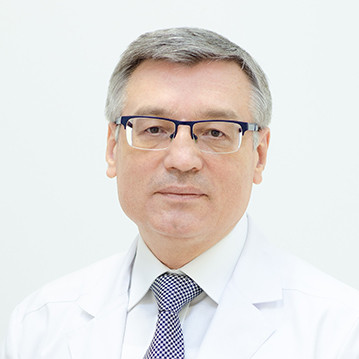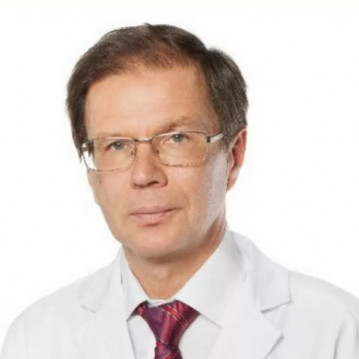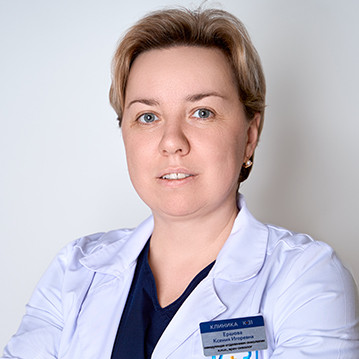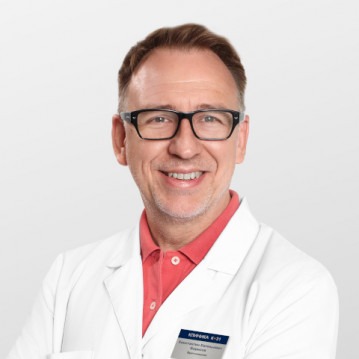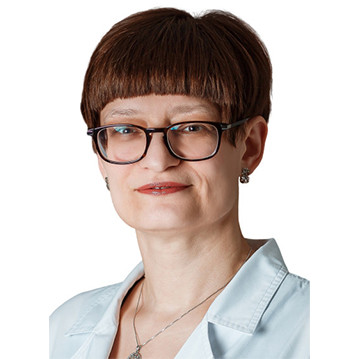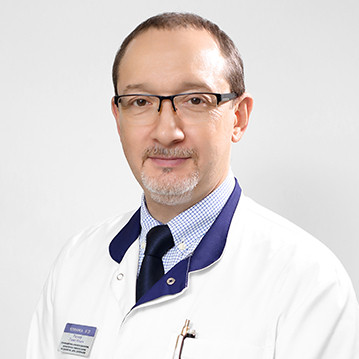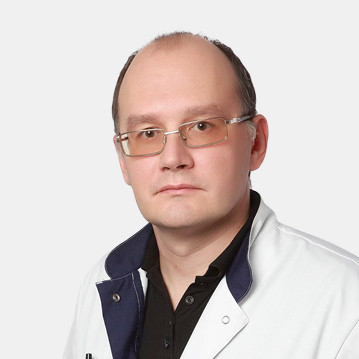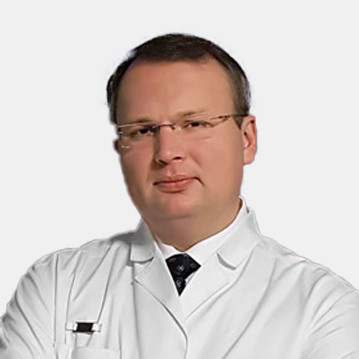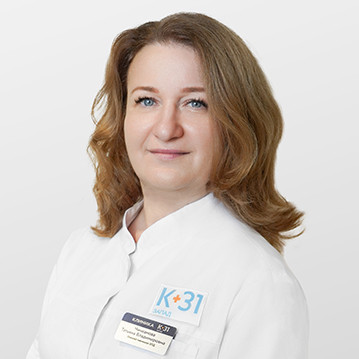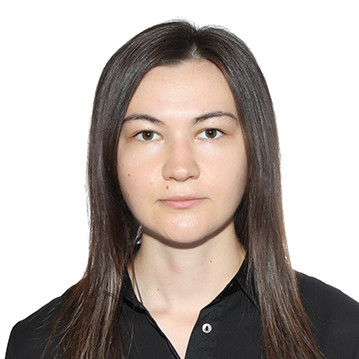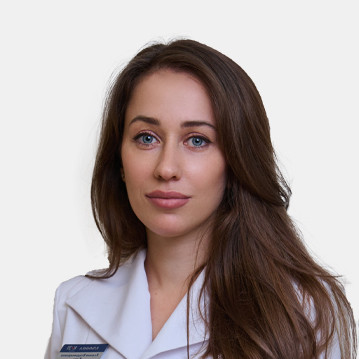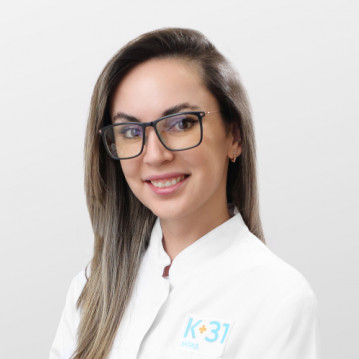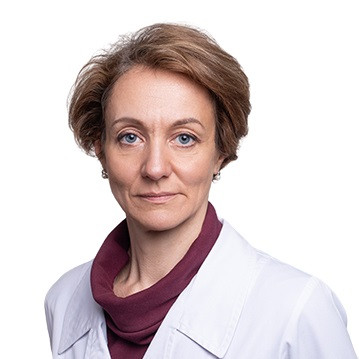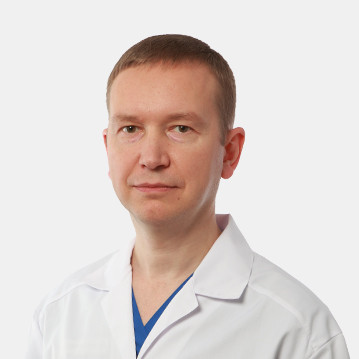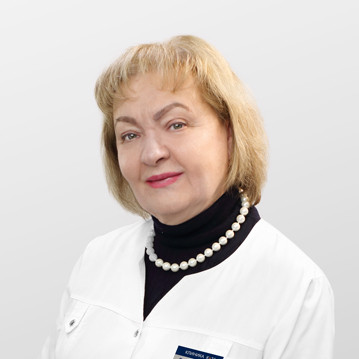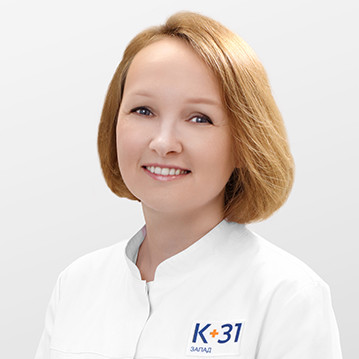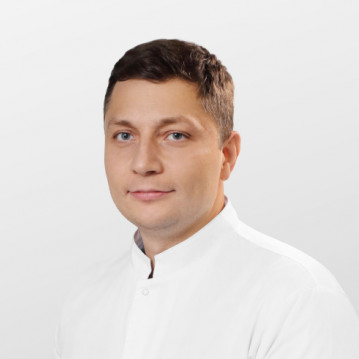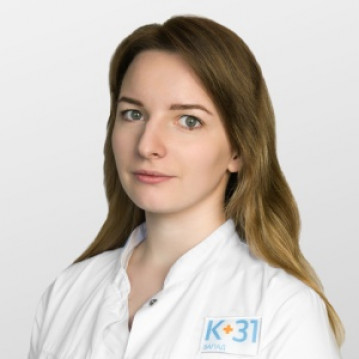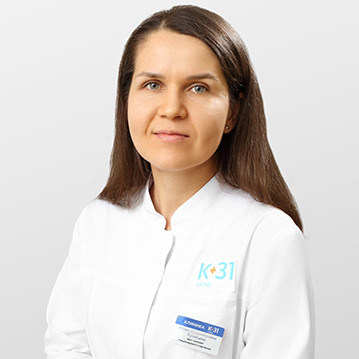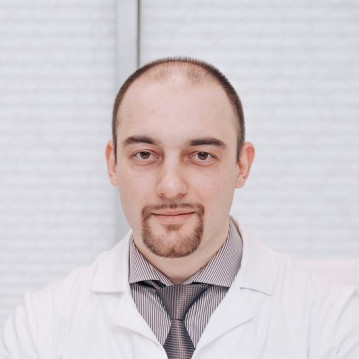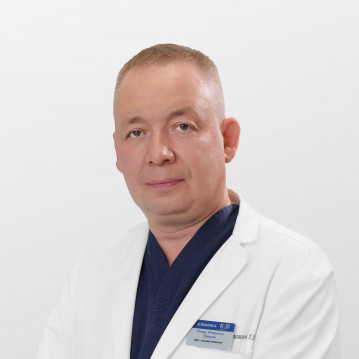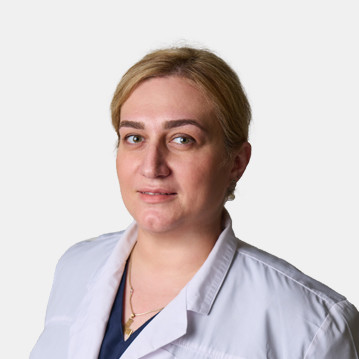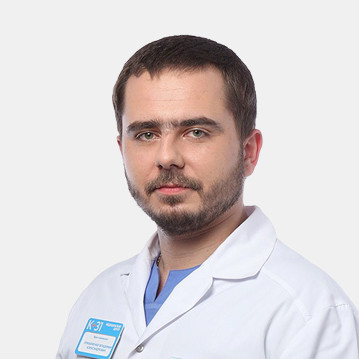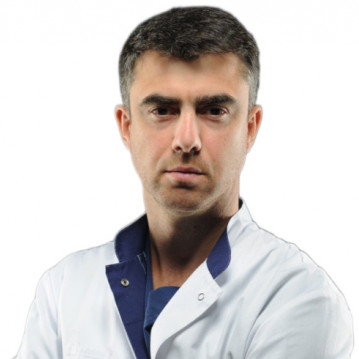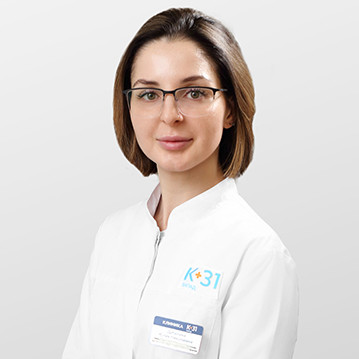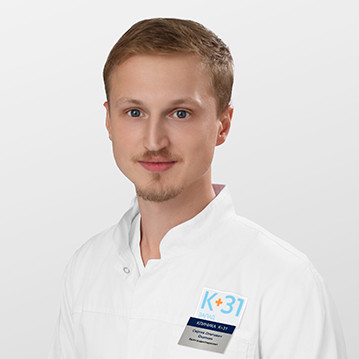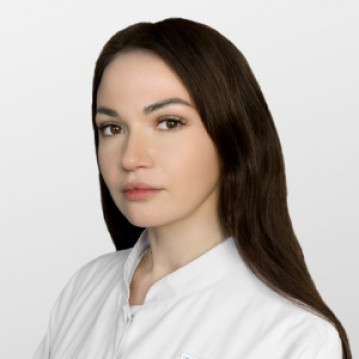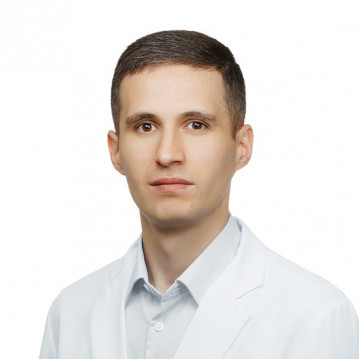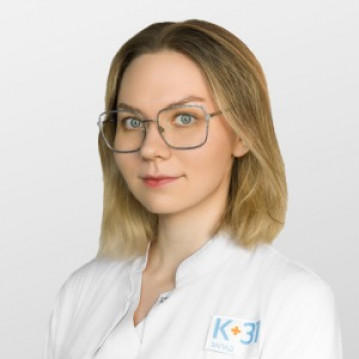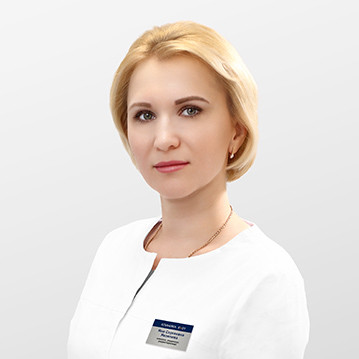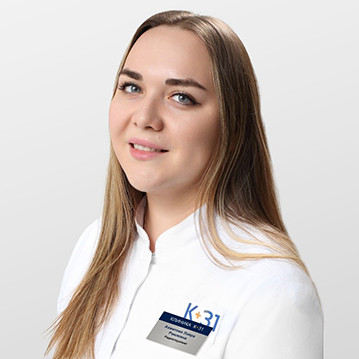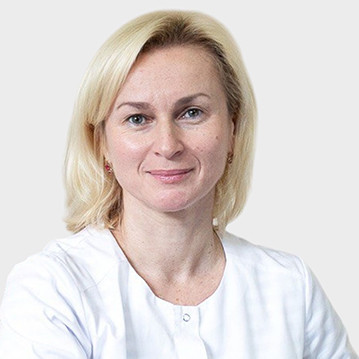A number of malignant tumors are hormone-dependent, that is, their growth is enhanced by the influence of hormones. First of all, these include tumors of the prostate gland, the body of the uterus, some subtypes of breast cancer. The task of endocrine therapy is to stop the stimulating effect of hormones on the tumor. This is achieved in different ways: the production of hormones in the body can be reduced or the effect of hormones on tumor cells is blocked. Unlike chemotherapy, endocrine therapy does not directly kill tumor cells due to their damage. Endocrine therapy, inhibiting the stimulating effect of hormones, slows down the division of tumor cells up to a complete cessation. If division is impossible, some of the tumor cells die.
If with chemotherapy, the effect of treatment can be assessed after 1.5-2 months, then with endocrine therapy, the effect is usually assessed after 4-8 months. Unlike chemotherapy, most endocrine drugs are taken by mouth and only a few are injected. The tablets are taken daily without interruption, injectable - according to the prescribed scheme. Most often, drugs for endocrine therapy are taken in mono-mode (one at a time), but sometimes combined use is possible. Since endocrine therapy does not directly damage cells, the frequency and severity of side effects is significantly lower than with chemotherapy.
